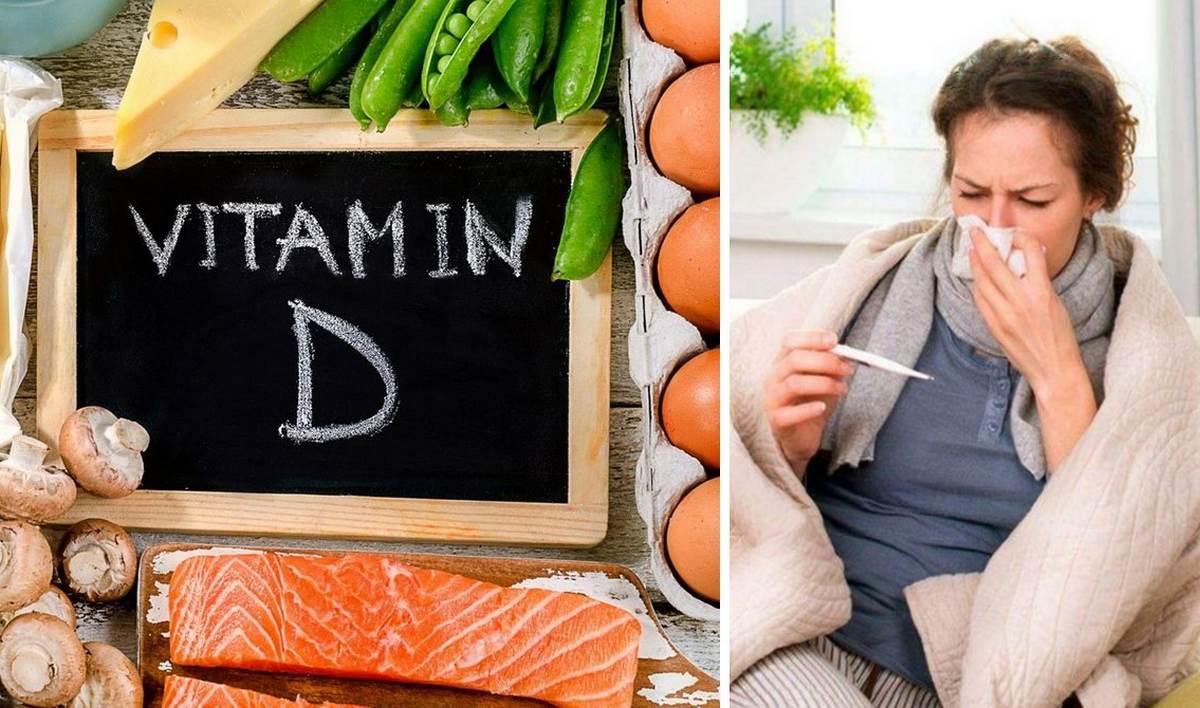Vitamin D is often recognized for its role in bone health, but low levels of supplements have been linked to a number of autoimmune, cardiovascular and infectious diseases. At the beginning of the pandemic, health officials began to encourage people to take vitamin D, as it plays an important role in the immune response and can protect against coronavirus. In a study published in the journal PLOS ONE, researchers from Azrieli Medical School at Bar-Ilan University in Safed, Israel, and Galilee Medical Center showed a correlation between vitamin D deficiency and COVID-19 severity and mortality.
In the records of 1,176 patients admitted to the Galileo Medical Center (GMC) with positive PCR tests between April 2020 and February 2021, a search was made for vitamin D levels measured two weeks to two years before infection. Patients with vitamin D deficiency (less than 20 ng / ml) were 14 times more likely to have severe or critical cases of COVID than patients with more than 40 ng / ml. Surprisingly, mortality among patients with adequate vitamin D levels was 2.3%, compared to 25.6% in the vitamin D deficiency group.
A study adjusted for age, sex, season (summer / winter), chronic diseases and showed similar results in all areas, emphasizing that low levels of vitamin D significantly affect the severity of disease and mortality. “Our results show that it is desirable to maintain a normal level of vitamin D. This will be useful for those who become infected with the virus,” said Dr. and study leader Amiel Dror. “There is a clear consensus on regular intake of vitamin D supplements as recommended by local health authorities as well as global health organizations.”
According to Dr. Amir Bashkin, an endocrinologist who participated in the current study, “this is especially true for the COVID-19 pandemic, when sufficient amounts of vitamin D provide additional benefits for a proper immune response to respiratory disease.” In other words, a patient with a history of vitamin D deficiency is a prognostic risk factor associated with worsening clinical course and mortality from COVID-19.
Earlier, the DIP wrote that “Scientists have named a sign of Omicron, which is taken for food poisoning.”
* This content, including tips, contains only general information. This in no way replaces a qualified medical opinion. Always consult a specialist or doctor for more information. We wish you good health, your DIP.

